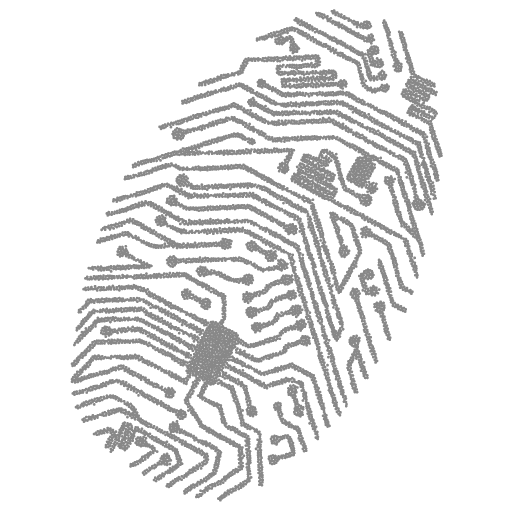In October 2017 the humanoid robot known as Sophia, gifted with artificial intelligence, obtained Saudi Arabian citizenship. In May 2018 Google showcased the capabilities of its product Google Duplex, whose AI system can arrange an appointment at the hairdresser’s or reserve a table at a restaurant, while avoiding misunderstandings on the phone and imitating the gap-filling hems and haws of human conversation. Observing the capabilities of these robots, a lawyer’s mind naturally turns to the issue of the potential legal personality of AI.
Continue reading “Legal personality and artificial intelligence”
